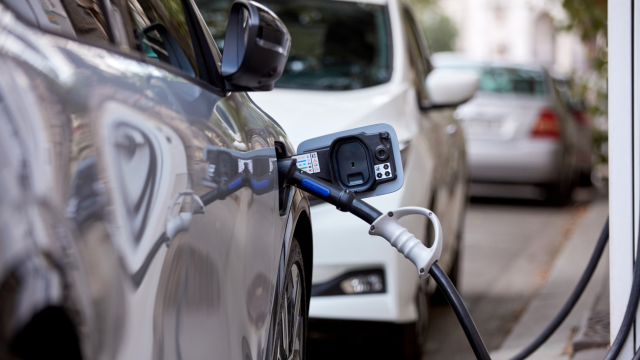Researchers at Stanford University have developed a polymer-based electrolyte that keeps lithium-ion batteries from combusting when over 60 degrees Celcius.
Lithium-ion batteries have a heating issue. If they get too hot, they can combust. This is why you should never put your phone on charge and under your pillow at night, but it’s also why you should avoid keeping battery-powered tech in the sun for too long.
If you’re after recent and relative examples, look to the recall of LG-powered home solar battery units, or perhaps concerns around overheating (and combusting) electric vehicles.
But maybe the secret to keeping lithium-ion combustion risk low is salt. That’s what a team of researchers at Stanford University are investigating right now.
“One of the biggest challenges in the battery industry is this safety issue, so there’s a lot of effort going into trying to make a battery electrolyte that is safe,” Stanford University graduate Rachel Z Huang said. Huang is the first author of the research report.
Research into salt-containing electrolytes has, so far, been quite promising. The team has managed to prove equivalent levels of efficiency without starting a fire at high temperatures.
This was achieved by creating ‘one of the saltiest polymer-based electrolytes ever’, according to the announcement.
“This new finding points out a new way of thinking for polymer-based electrolyte design,” Stanford University Professor and investigator with the Stanford Institute for Materials and Energy Sciences Zhenan Bao said.
“This electrolyte is important for developing future batteries that are both high energy density and safe.”
The research team put forward that this could be used in electric cars. If the lithium-ion batteries in EVs were packed with this new electrolyte, than the risk of combustion would be much lower.
It could also lead to more efficiency in batteries, with less space dedicated to cooling systems and more dedicated to battery capacity.
“So it’s not just a safety benefit,” Huang added.
You can read about the salt and lithium-ion study on the Stanford website or in Matter.
